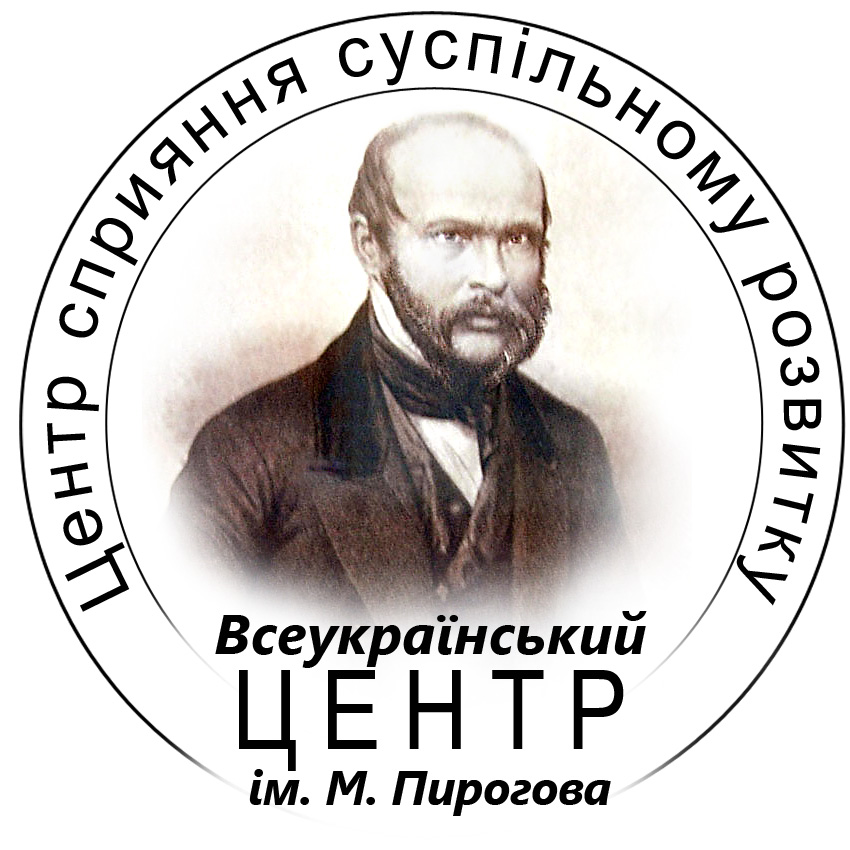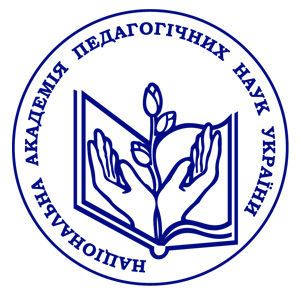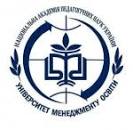Гармонійна єдність духовності, культури, освіти і виховання особистості
Ключові слова:
духовність, культура, освіта, виховання, гармонійна єдність, особистість, енергоінформаційна сутність, цілокупність ціннісно-смислова сфера, становлення, психологічні детермінантиАнотація
Стаття присвячена дослідженню проблеми гармонійної єдності духовності, культури, освіти і виховання особистості, які є найважливішими категоріями педагогічної науки і визначають тенденції і характер удосконалення особистості. У статті наводиться сутнісна характеристика названих понять. Підкреслено, що в умовах сьогодення особливого занепокоєння викликає стан духовності суспільства, його занепад «як соціального явища, як критичний стан для долі людства». Отже, проблеми культури і духовності особистості сьогодні є предметом уваги всіх гуманітарних наук.
Автори статті зауважують, що зростаюча людина знаходиться в центрі педагогічних досліджень. Підкреслено, що в умовах сьогодення необхідно ураховувати її енергоінформаційну сутність та особливості її душі як органічної цілокупності всіх фізичних, енергетичних, свідомо-безсвідомих психофізіологічних і духовних сил індивіда. Акцент зроблено на необхідності розгляду понять духовності, культури, освіти і виховання в контексті становлення ціннісно-смислової сфери особистості. В статті представлено авторське визначення названого поняття і визначені психологічні детермінанти становлення ціннісно-смислової сфери особистості: культура як метасистема; духовність як життєво-визначальний центр; ідеал як смислоутворювальний чинник; вплив сучасного інформаційного простору на її становлення.
У статті надано характеристику концепції виховання культурної особистості за П. Шафером. Авторами статті охарактеризовані недоліки сучасної освіти та визначені завдання освіти нового століття. Наголошується, що освіта повинна виконувати важливу культуротворчу і людинотворчу функцію, яка сприяє вихованню духовності особистості. Підкреслено, що виховання духовно зрілої особистості забезпечується в освітньому процесі готовністю до співтворчої діяльності в умовах культурного плюралізму.

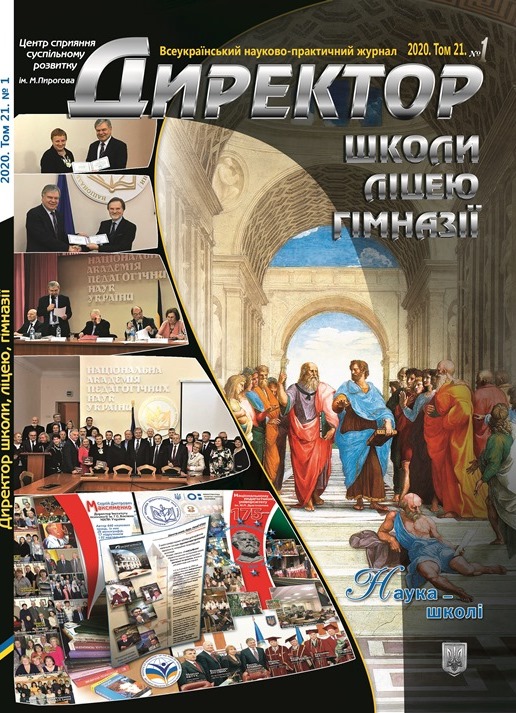
.png)
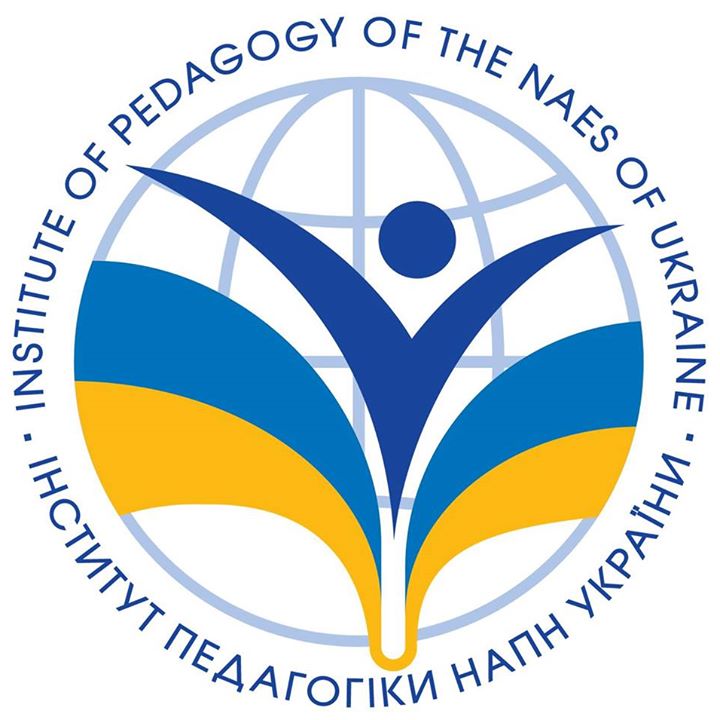
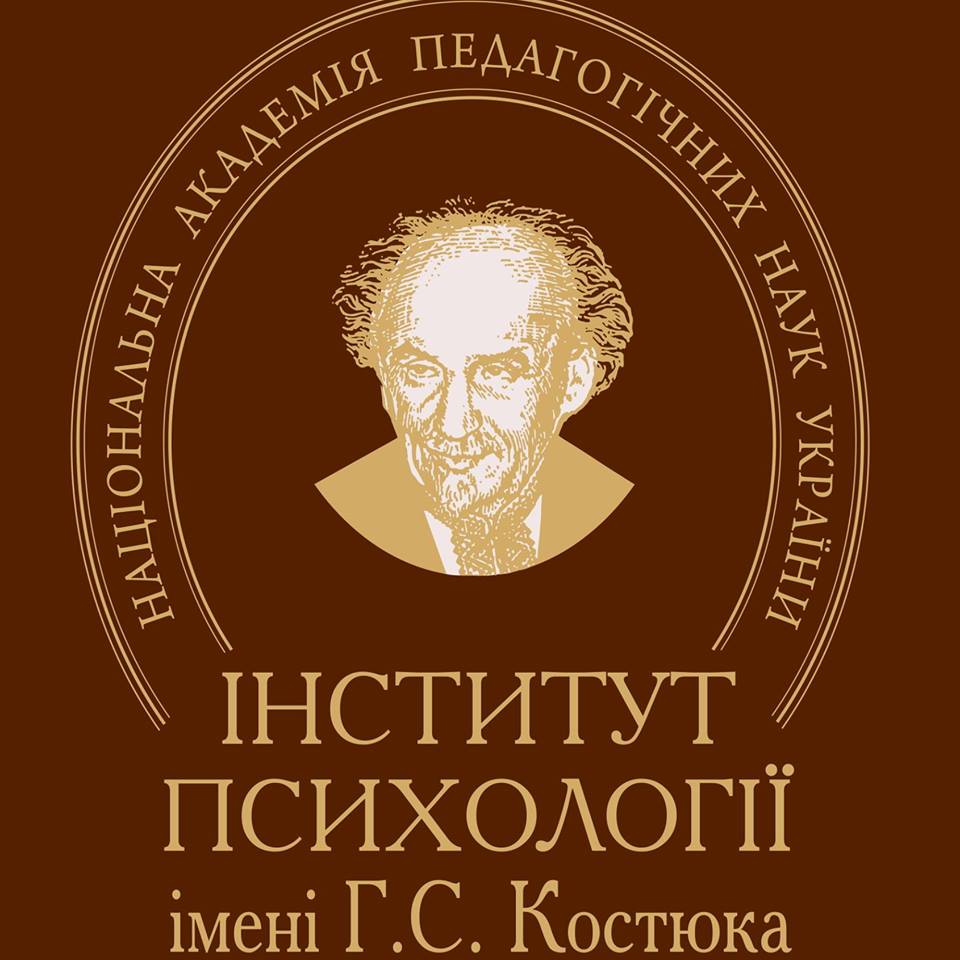
.jpg)
